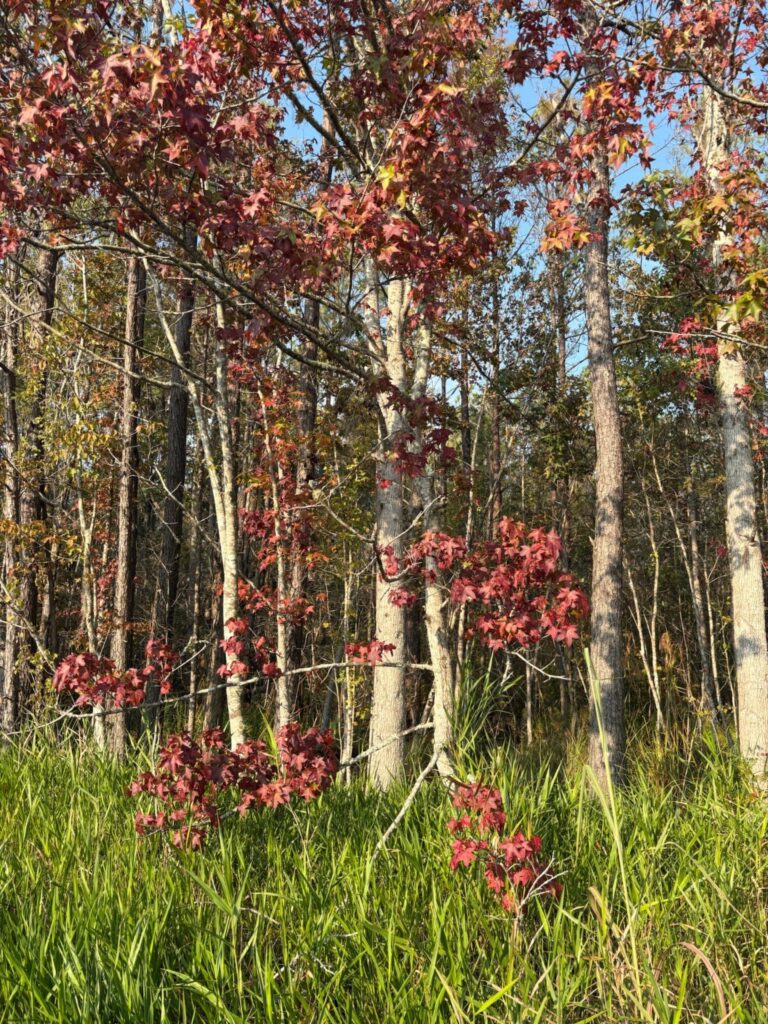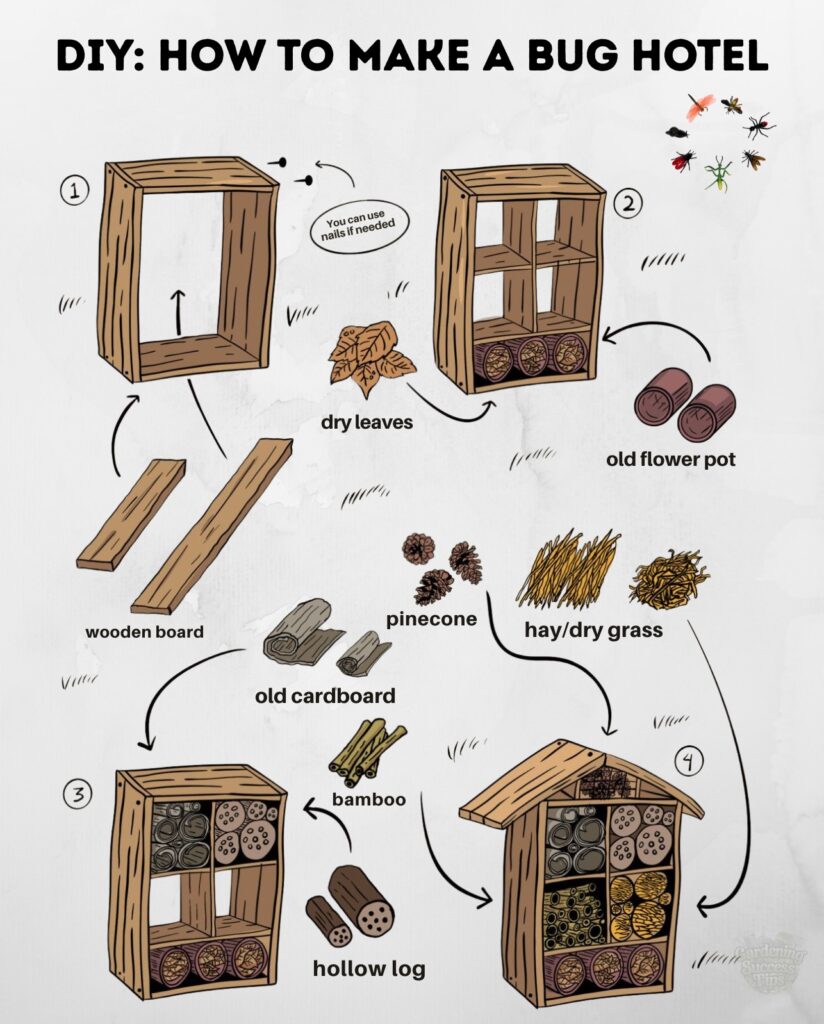This is your permission to be “lazy” this year and avoid some clean up chores.
If you at any point this summer questioned:
Where are all of the butterflies?
Why haven’t I seen any pollinators in my garden?
You need to make plans to create an inviting space for these butterflies, bees, and other pollinators. There are many easy ways that you can achieve the ideal pollinator habitat, with very little effort on your part. Providing food, water, and nesting habitat/protection meets their basic needs and can create an oasis for these essential creatures. Today we will focus on creating the habitat necessary for these pollinators to thrive.
Nesting
This is where we get into the “Leave the Leaves” and permission to be “lazy.” Pollinator habitat needs to provide protection from predators, nesting materials, and nesting locations based on their biological process.


We have officially entered fall season! The leaves are beginning to change and fall. With this comes the notion that we need to rake up leaves and either bag them for the county to pick up or add to a burn pile. This year, your local ag agent, is challenging you to leave them instead.
Many pollinators need leaf debris for their protection and nesting. Often times species will overwinter in these leaf piles just to emerge in the spring ready to pollinate your garden! When these leaves are removed from the environment, not only is the protective and nesting material gone, but so are the larvae and eggs that may already be in place.
If you cannot leave all of the leaves, at least put them in a pile somewhere that won’t be too unsightly so that you provide this space for them.
To go a step beyond, help by creating nesting sites! Pollinators need sticks, flower stems, bare ground, wooden logs, and more to create their ideal nesting space. Create an area in your landscape where you can supply all of this to them. For more ideas or more details, check out the Xerces Society Nesting Resources page.

